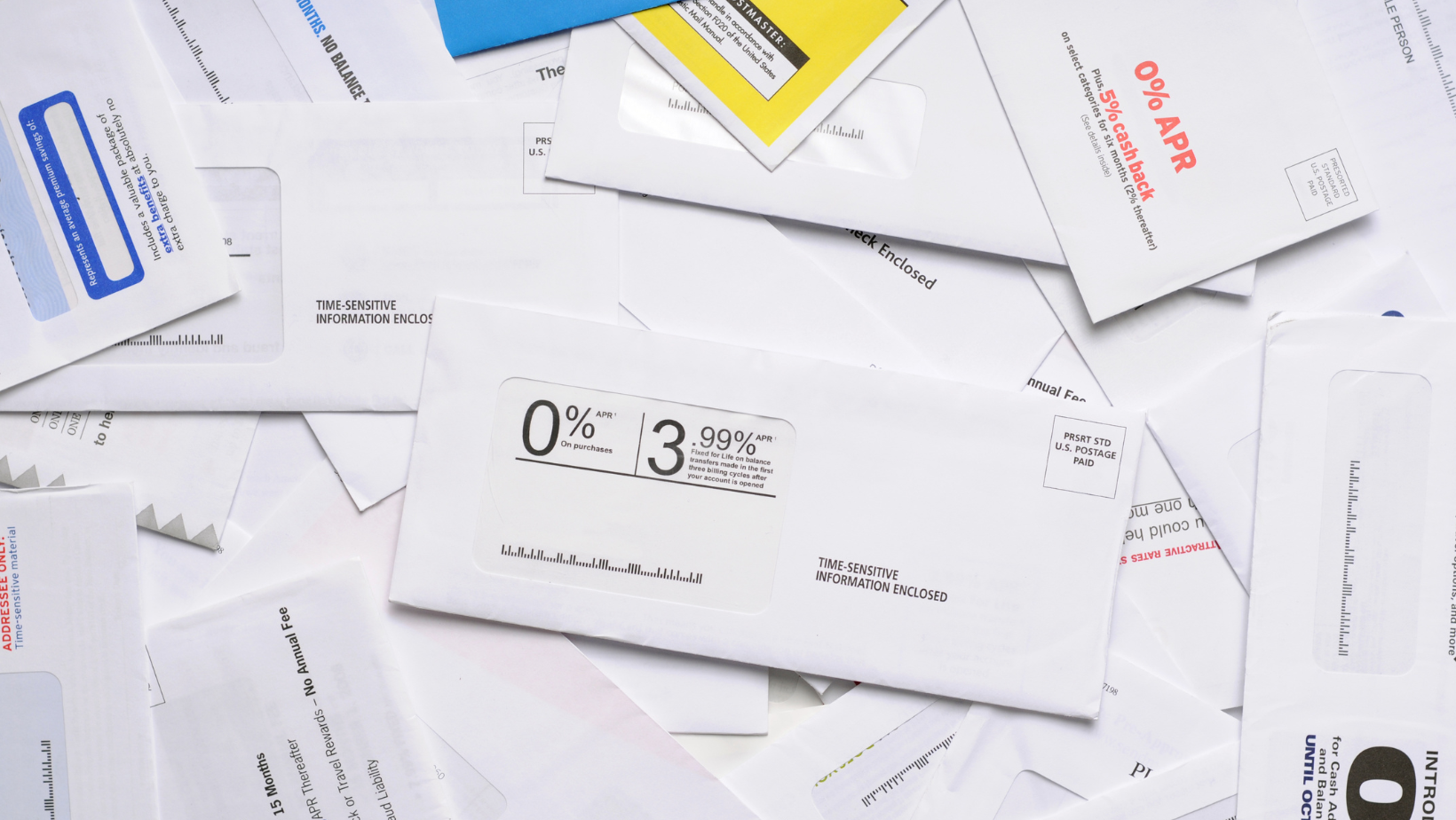What Items Can Change My Mortgage Pre-Approval Status?
 When you are purchasing a home, your lender may recommend you obtain a mortgage pre-approval before you find the home of your dreams. There are some benefits to being pre-approved before you find a home, but oftentimes, people confuse pre-qualifications with pre-approvals.
When you are purchasing a home, your lender may recommend you obtain a mortgage pre-approval before you find the home of your dreams. There are some benefits to being pre-approved before you find a home, but oftentimes, people confuse pre-qualifications with pre-approvals.
So the question many buyers have is what exactly is a mortgage pre-approval? In a nutshell, it’s when the lender provides you (the buyer) with a letter stating that your mortgage will be granted up to a specific dollar amount.
What Do I Need For Pre-Approval?
In order to obtain a pre-approval for your home purchase, you will have to provide your lender all of the same information you would need to show for qualifying for a mortgage. This means providing tax returns, bank statements and other documents that prove your net worth, how much you have saved for your down payment and your current obligations.
What Conditions Are Attached to a Pre-Approval?
Generally speaking, a pre-approval does have some caveats attached to it. Typically, you can expect to see some of the following clauses in a pre-approval letter:
- Interest rate changes – a pre-approval is done based on current interest rates. When rates increase, your borrowing power may decrease
- Property passes valuation and inspection – your lender will require the property you ultimately purchase to come in with a proper appraisal and meet all inspection requirements
- Credit check requirements – regardless of whether it’s been a week or six months since you were pre-approved, your lender will require a new credit report. Changes in your credit report could negate the pre-approval
- Changes in jobs/assets – after a pre-approval is received, a change in your employment status or any substantial assets may result in the pre-approval becoming worthless
What Items Can Change My Mortgage Pre-Approval Status?
One of the major issues that affect some borrowers as they are preparing to purchase their new home is financing large ticket items before the home purchase loan is completely funded. Even if you are buying new furniture or other items for the home, it’s best to wait until after your home loan is entirely complete before purchasing any of these new items.
Work changes can also drasitically affect your pre-approval status. Make sure your loan professional is well aware of any changes well in advance of them happening in order to plan effectively. There are ways to work with job changes but it is a delicate matter during the mortgage underwriting process.
Getting pre-approved for a home mortgage may allow you more negotiation power with sellers and may help streamline the entire loan process. It is however important to keep in mind there are still things that may have a negative impact on actually getting the loan.
It is important to make sure you keep in contact with the lender, especially if interest rates increase or your employment status changes after you are pre-approved.

 Do you want to purchase a house? If you cannot pay cash for your house, you will need to apply for a mortgage. A mortgage loan originator can help you find the right mortgage to meet your needs. What are some of the job duties of a mortgage loan originator, and how can they help you with the financing process?
Do you want to purchase a house? If you cannot pay cash for your house, you will need to apply for a mortgage. A mortgage loan originator can help you find the right mortgage to meet your needs. What are some of the job duties of a mortgage loan originator, and how can they help you with the financing process? Congratulations! You have finally closed on your home loan, and you are excited to get moved in. Or, you may have just refinanced your home, and you are excited to enjoy it. Regardless, all of a sudden, you start to get a bunch of junk mail in your mailbox. It can be frustrating to sort through everything, and how did they get your information in the first place?
Congratulations! You have finally closed on your home loan, and you are excited to get moved in. Or, you may have just refinanced your home, and you are excited to enjoy it. Regardless, all of a sudden, you start to get a bunch of junk mail in your mailbox. It can be frustrating to sort through everything, and how did they get your information in the first place?  You are probably excited to close on your home, but you may have also seen that your interest rate might be a bit higher. If you are looking for a way to save money, particularly if you have a lot of work to do on the home, you might be looking for a way to reduce your interest rate during the first couple of years. One option is to perform a 2-1 buydown. What do you need to know about this option, and how do you know if it is right for you?
You are probably excited to close on your home, but you may have also seen that your interest rate might be a bit higher. If you are looking for a way to save money, particularly if you have a lot of work to do on the home, you might be looking for a way to reduce your interest rate during the first couple of years. One option is to perform a 2-1 buydown. What do you need to know about this option, and how do you know if it is right for you?